The transformative power of artificial intelligence (AI) is bringing about major changes in the worlds of business and cybersecurity.
Source: Forbes.
#artificialintelligence #cybersecurity #Business
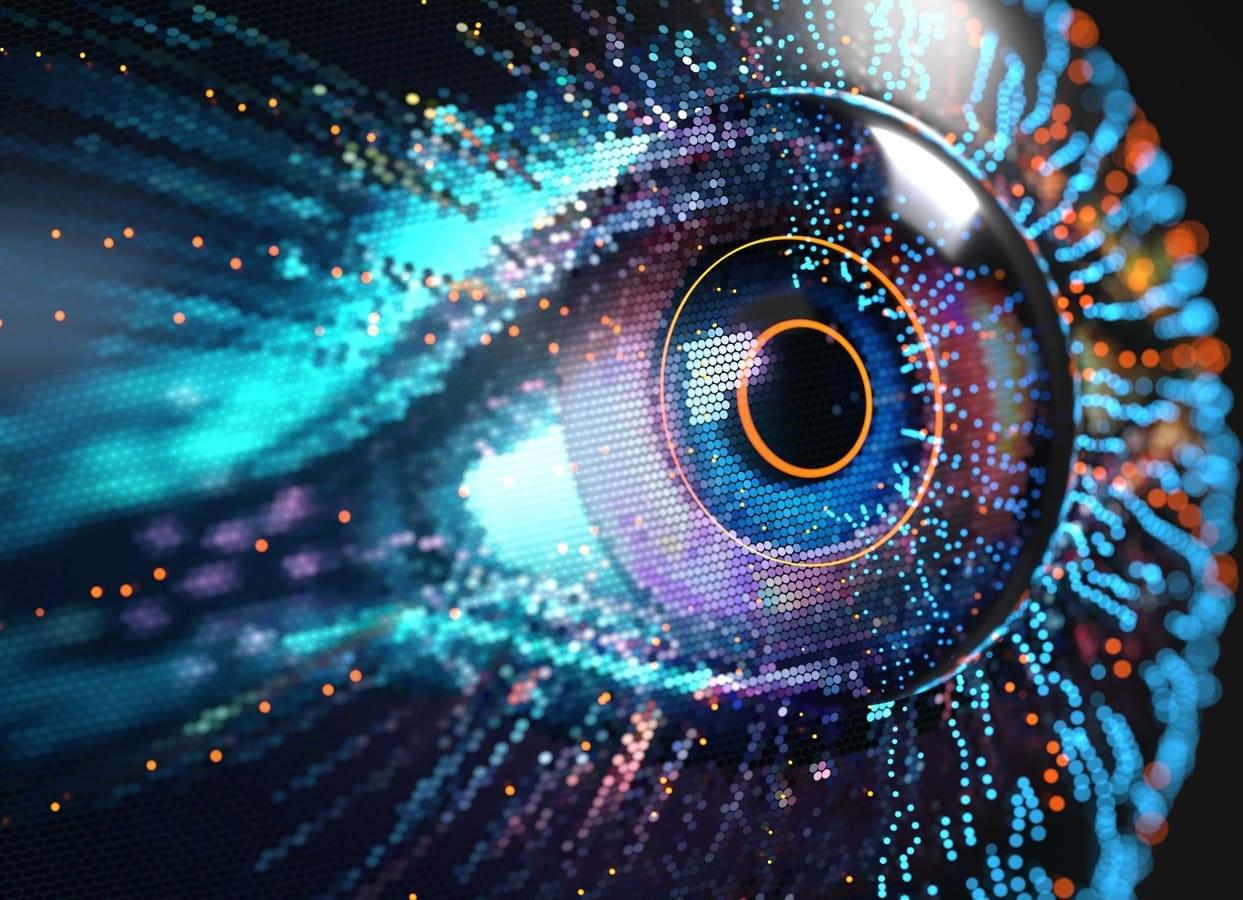
❗FlexiSpot Amazon Black Friday Deal Up to 70% OFF❗
Free Orders Nov.24 & Nov.27! 🎁
Use code COMHARDESK for an additional 5% OFF for my model: https://amzn.to/3ZoZT4u.
US site: https://amzn.to/3t8r9I
Canada Site: https://amzn.to/3sYHtLH
#blackfriday #amazon #standingdesk #flexispotus.
Human brain organoids (“mini-brains”) are being grown in labs around the world. They’re being fed neurotransmitters, competing with AI to solve non-linear equations, and going to space to study the effects of microgravity. This video reviews three preprints, preliminary reports of new scientific studies. (My AI voice caught a cold this week.)
Support the channel: https://www.patreon.com/ihmcurious.
Preprints:
- Brain Organoid Computing for Artificial Intelligence (Cai et al.) https://www.biorxiv.org/content/10.1101/2023.02.28.530502v1.full.
- Modulation of neuronal activity in cortical organoids with bioelectronic delivery of ions and neurotransmitters (Park et al.) https://www.biorxiv.org/content/10.1101/2023.06.10.544416v1.full.
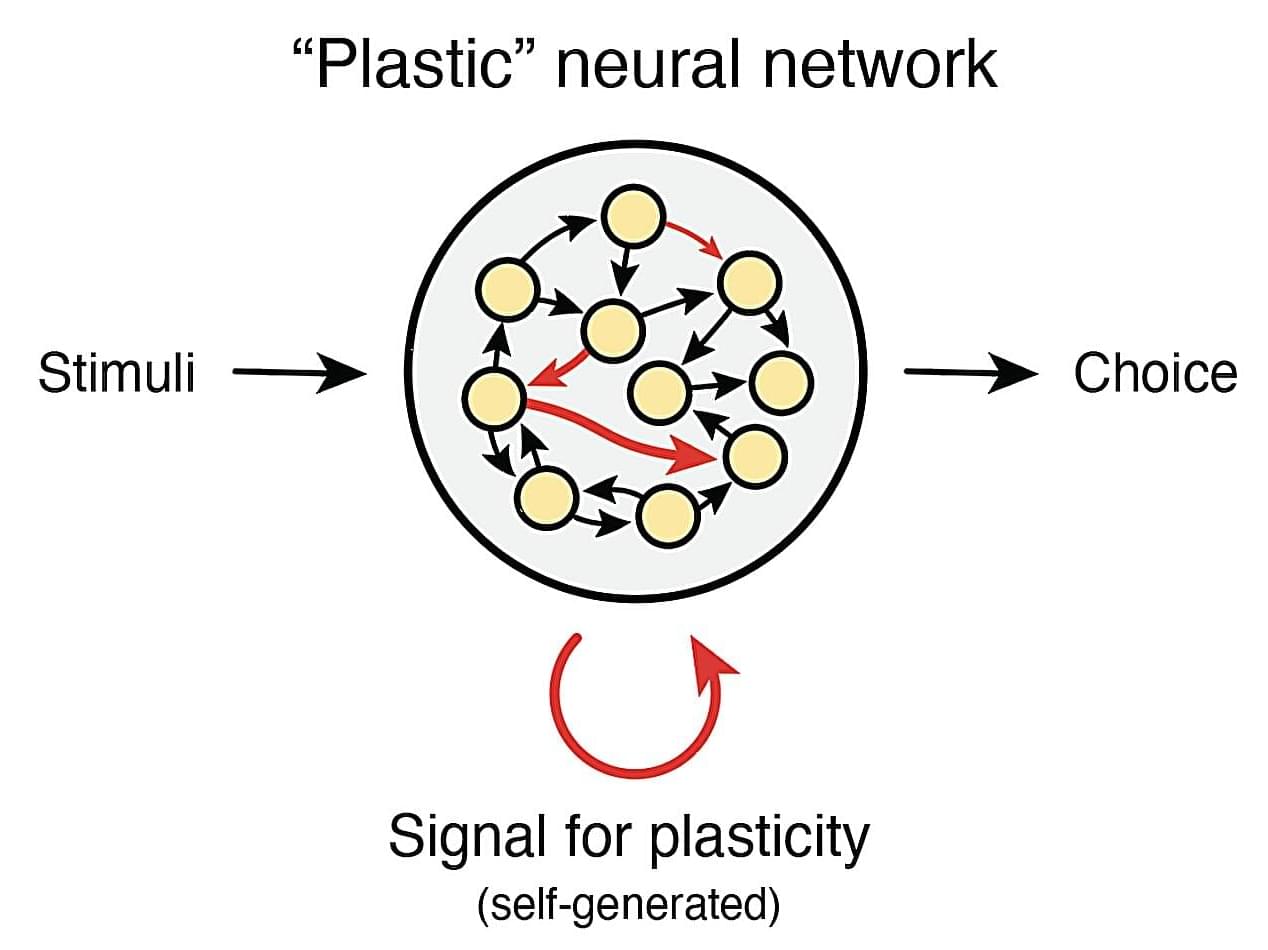
Humans and certain animals appear to have an innate capacity to learn relationships between different objects or events in the world. This ability, known as “relational learning,” is widely regarded as critical for cognition and intelligence, as learned relationships are thought to allow humans and animals to navigate new situations.
Researchers at ML Collective in San Francisco and Columbia University have conducted a study aimed at understanding the biological basis of relational learning by using a particular type of brain-inspired artificial neural network. Their work, published in Nature Neuroscience, sheds new light on the processes in the brain that could underpin relational learning in humans and other organisms.
“While I was visiting Columbia University, I met my co-author Kenneth Kay and we talked about his research,” Thomas Miconi, co-author of the paper, told Medical Xpress.
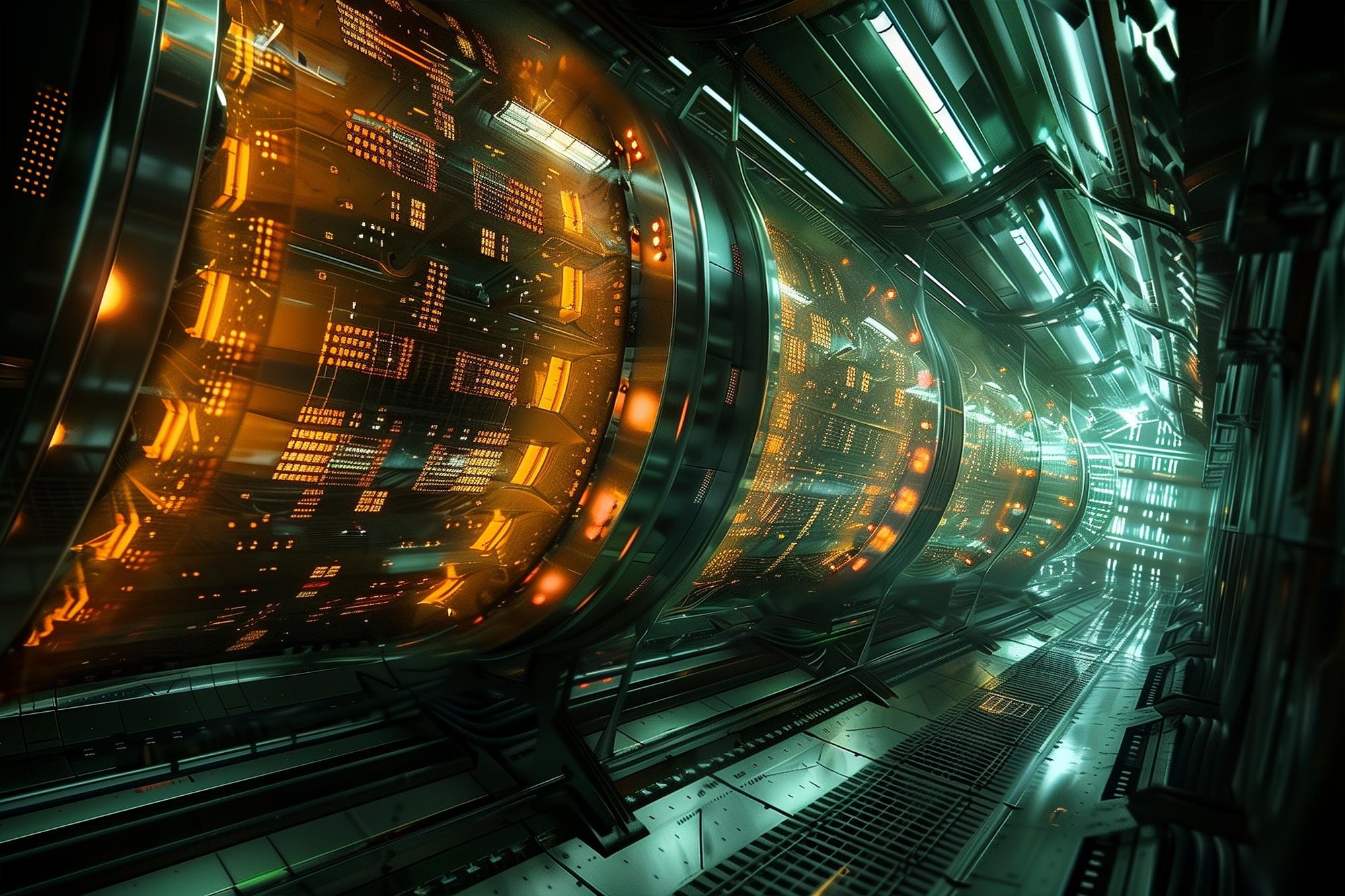
This hybrid system allows precise manipulation of quantum states while naturally modeling real-world physics, enabling breakthroughs in fields like magnetism, superconductors, and even astrophysics.
Breakthrough in Quantum Simulation
Physicists working in Google’s laboratory have developed a new type of digital-analog quantum simulator, capable of studying complex physical processes with unprecedented precision and adaptability. Two researchers from PSI’s Center for Scientific Computing, Theory, and Data played a crucial role in this breakthrough.
A theoretical particle that travels faster than light, the tachyon has long intrigued physicists and fueled decades of speculation. Initially conceived as a possible solution to quantum and relativity paradoxes, tachyons remain purely hypothetical. Despite the lack of experimental evidence, they continue to serve as a thought-provoking concept in modern physics.
A recent study by an international team of researchers has reignited interest in tachyons, suggesting they might be possible within the framework of Einstein’s special theory of relativity. This bold claim challenges conventional understandings of causality and time, raising fundamental questions about the structure of reality. If confirmed, it could lead to a radical shift in how scientists perceive the limits of physical laws.
Physicist Gerald Feinberg introduced the idea of tachyons in 1962, proposing that such particles could always travel faster than light without ever slowing down to subluminal speeds. His argument was based on the concept of imaginary mass, a theoretical construct involving the square root of a negative number. This allowed for the mathematical possibility of faster-than-light motion without explicitly violating relativity.
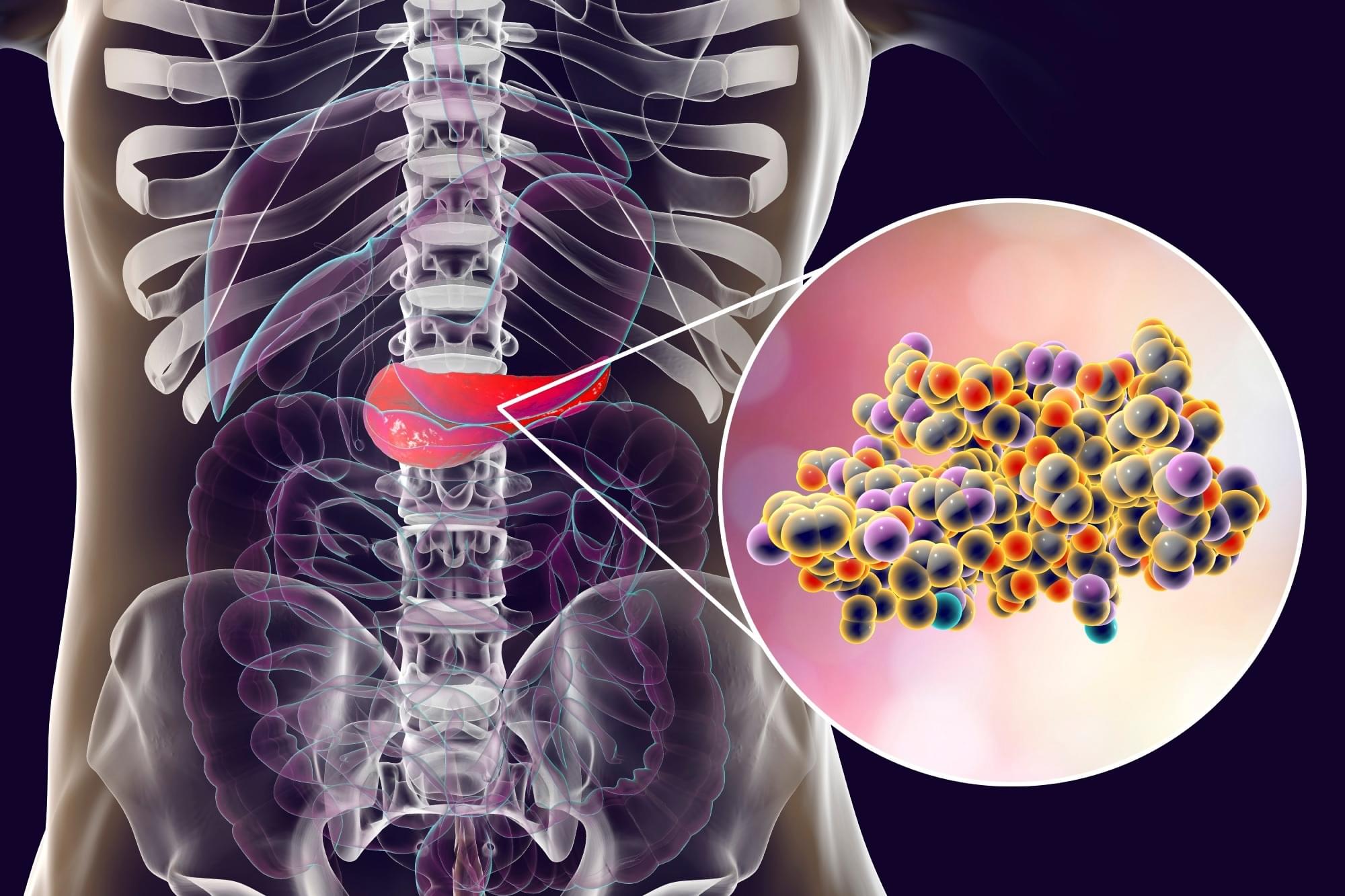
A recent study published in Science investigates the underlying mechanisms of endothelial insulin resistance involved in obesity-associated diabetes.
What causes insulin resistance?
Diabetes is a chronic disease that occurs when the body cannot adequately produce or use insulin, a hormone that facilitates the transportation of glucose from the blood into cells for energy. The activation of insulin receptors, which are highly expressed on the luminal side of endothelial cells, induces endothelial nitric oxide (NO)-synthase (eNOS) activity. Subsequently, NO-mediated vasodilation allows insulin to reach metabolic target cells including adipocytes, skeletal muscle cells, and hepatocytes.
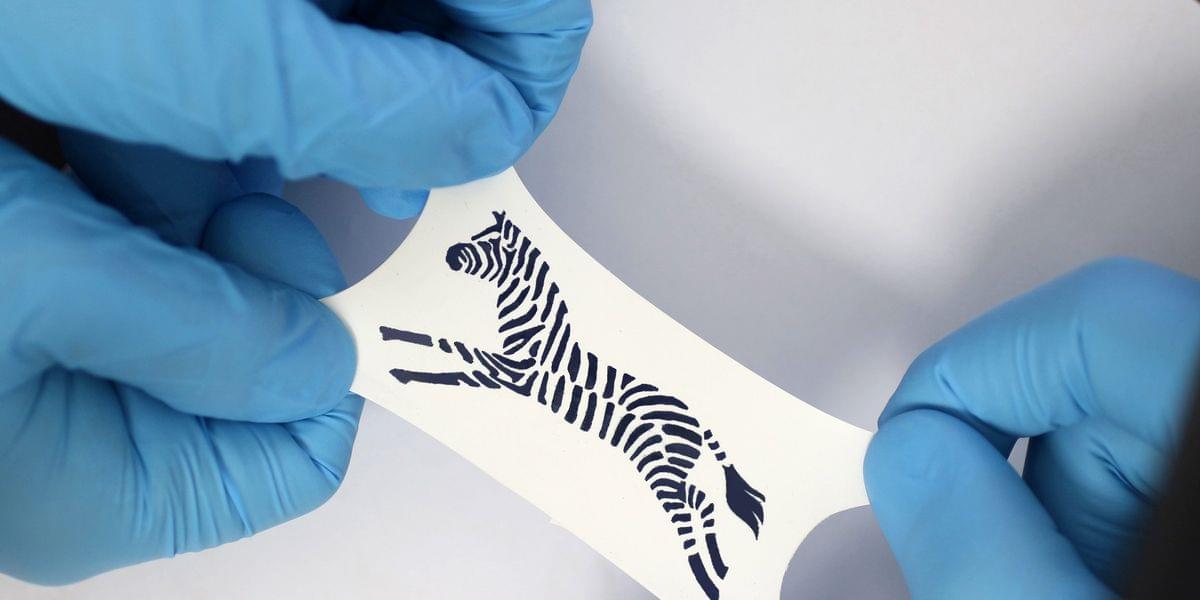
Phones, appliances, and humans all generate heat that usually escapes into the environment as waste energy. Thermoelectric generators, which convert temperature differences into electricity, are a way to capture that wasted heat for power.
Researchers have now made a thermoelectric generator (TEG) that is soft and stretchy and that biodegrades completely when exposed to the environment. Unlike conventional rigid thermoelectric devices, this one, reported in the journal Science Advances, could be easily integrated into fabrics, allowing for body-heat-powered wearable sensors or temperature-detecting disposable face masks.

Star formation begins in the molecular cloud where each dense core is initially in a balance between self-gravity, which tends to compress the object, and both gas pressure and magnetic pressure, which tend to inflate it.
Since the mass of the Milky Way galaxy is about 1011 M⊙ and its age is about 1010 years, we can calculate that at present, new stars are forming in the molecular cloud of the Milky Way at a rate of about three M⊙ per year.
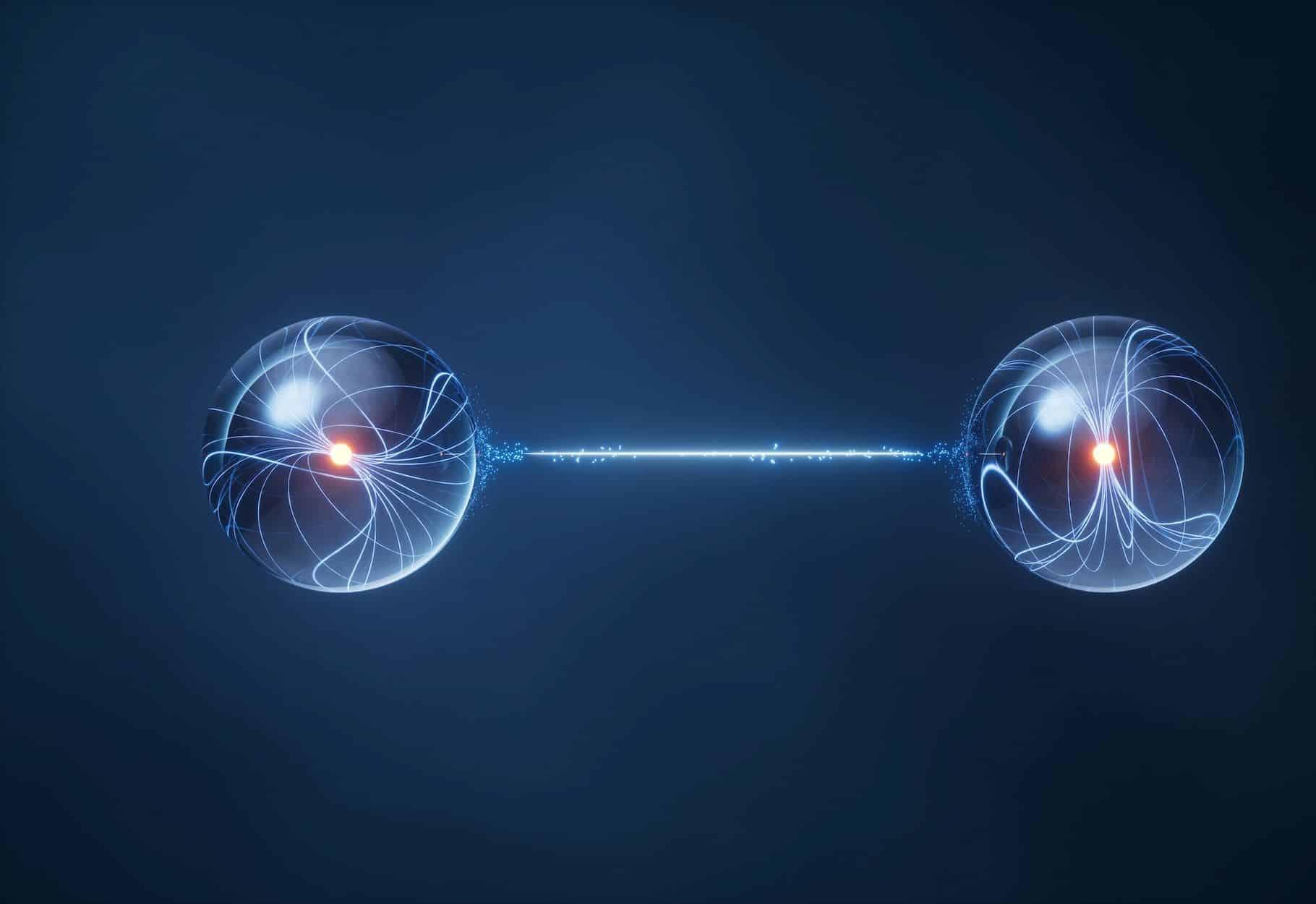
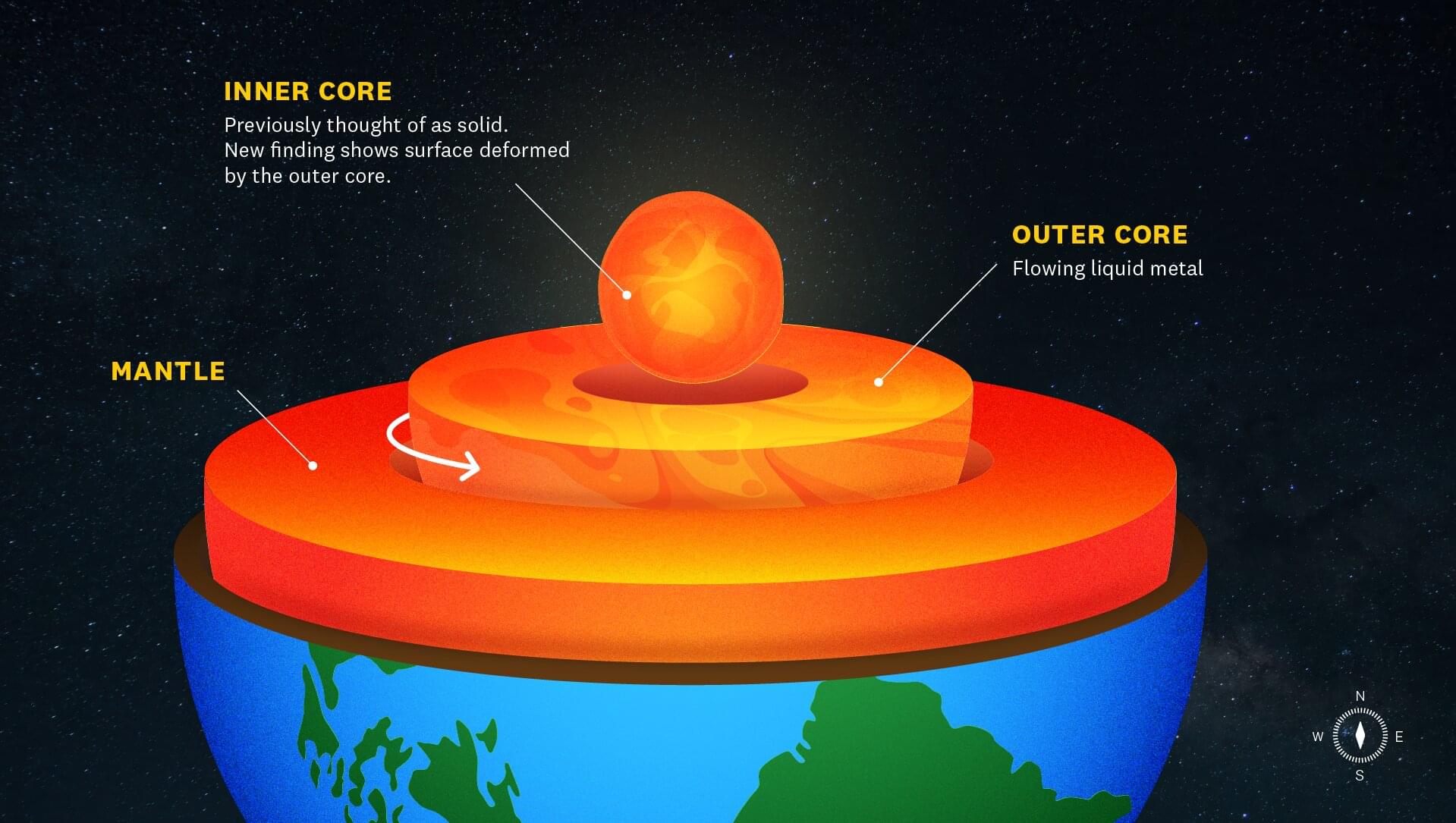
The surface of the Earth’s inner core may be changing, as shown by a new study by USC scientists that detected structural changes near the planet’s center, published in Nature Geoscience.
The changes of the inner core have long been a topic of debate for scientists. However, most research has been focused on assessing rotation. John Vidale, Dean’s Professor of Earth Sciences at the USC Dornsife College of Letters, Arts and Sciences and principal investigator of the study, said the researchers “didn’t set out to define the physical nature of the inner core.”
“What we ended up discovering is evidence that the near surface of Earth’s inner core undergoes structural change,” Vidale said. The finding sheds light on the role topographical activity plays in rotational changes in the inner core that have minutely altered the length of a day and may relate to the ongoing slowing of the inner core.